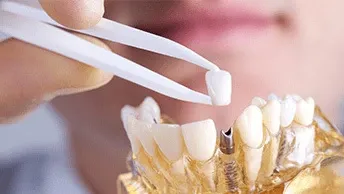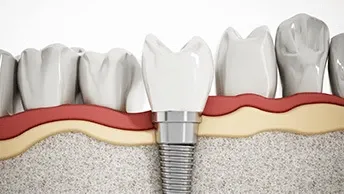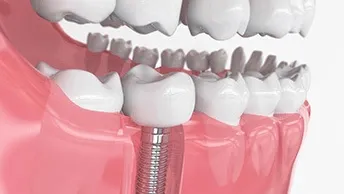The Nutritional Impact of Dentures:
Dentures can have a significant impact on nutrition as they can affect a person's ability to chew and properly digest food. Adequate chewing is important for efficient breakdown of food, making essential nutrients more available for absorption. With dentures, some people may experience difficulty chewing certain foods, especially harder and chewier items like fruits, vegetables, and meats. This can lead to decreased intake of these nutritious foods, potentially impacting overall health and well-being. To mitigate this, individuals with dentures can opt for softer, more easily-chewable versions or incorporate other foods that are easier to consume.
The Psychological Benefits of Dentures:
Dentures aren't just about physical health; they also provide valuable psychological benefits. Having dentures can restore a person's self-confidence, allowing them to smile and speak with greater ease. This can improve their overall mental well-being and positively impact social interactions. Dentures offer individuals the opportunity to regain their natural appearance and maintain a youthful smile despite tooth loss, helping them feel more confident in their everyday life.
Dental Implants vs. Dentures:
While dentures are a popular solution for tooth loss, dental implants offer distinct health benefits. Dental implants are surgically implanted into the jawbone, providing a permanent and secure foundation for artificial teeth. Unlike dentures, implants stimulate the bone, preventing bone loss and maintaining facial structure. Additionally, they provide the same biting and chewing capabilities as natural teeth, allowing for a more varied diet and improving intake of essential nutrients.
Dentures and Oral Health:
Proper oral care is crucial for those with dentures. Cleaning dentures regularly using specialized cleaning solutions and a denture brush can prevent the buildup of bacteria and plaque that can contribute to gum disease and bad breath. It's also important for denture wearers to maintain regular dental check-ups to ensure the health of their gums and surrounding tissues.
Dentures and Digestive Health:
Well-fitted dentures play an essential role in maintaining good digestive health. Without dentures or with ill-fitting ones, individuals may avoid certain foods, leading to a limited diet and potential deficiencies in nutrients. Dentures provide the ability to properly chew food, aiding in its digestion and absorption of essential nutrients. It's crucial for denture wearers to ensure their dentures fit well to support proper chewing and digestion.
Dentures and Speech Skills:
Dentures can significantly impact speech skills, especially when they are ill-fitting or new. It can take time for individuals to adjust to speaking with dentures, but with practice and patience, speech can be restored to a natural and clear state. Regularly visiting a dentist for adjustments and getting used to the feel of wearing dentures can help individuals regain their confidence in speaking.
Dentures and Social Interaction:
Dentures provide individuals with the ability to eat, speak, and smile with confidence, positively impacting their social interactions. With well-fitted dentures, individuals can enjoy meals with friends and family without worrying about chewing difficulties or missing teeth. Improved speech and a confident smile can enhance social interactions and improve overall quality of life.
Long-Term Health Effects of Dentures:
Long-term denture wearing can have implications for oral health. Over time, the jawbone may shrink due to lack of stimulation, leading to an ill-fitting denture. This can cause discomfort, difficulty chewing, and potential oral health issues. Regular visits to the dentist to assess and adjust dentures can help prevent these long-term effects and ensure optimal oral health.



